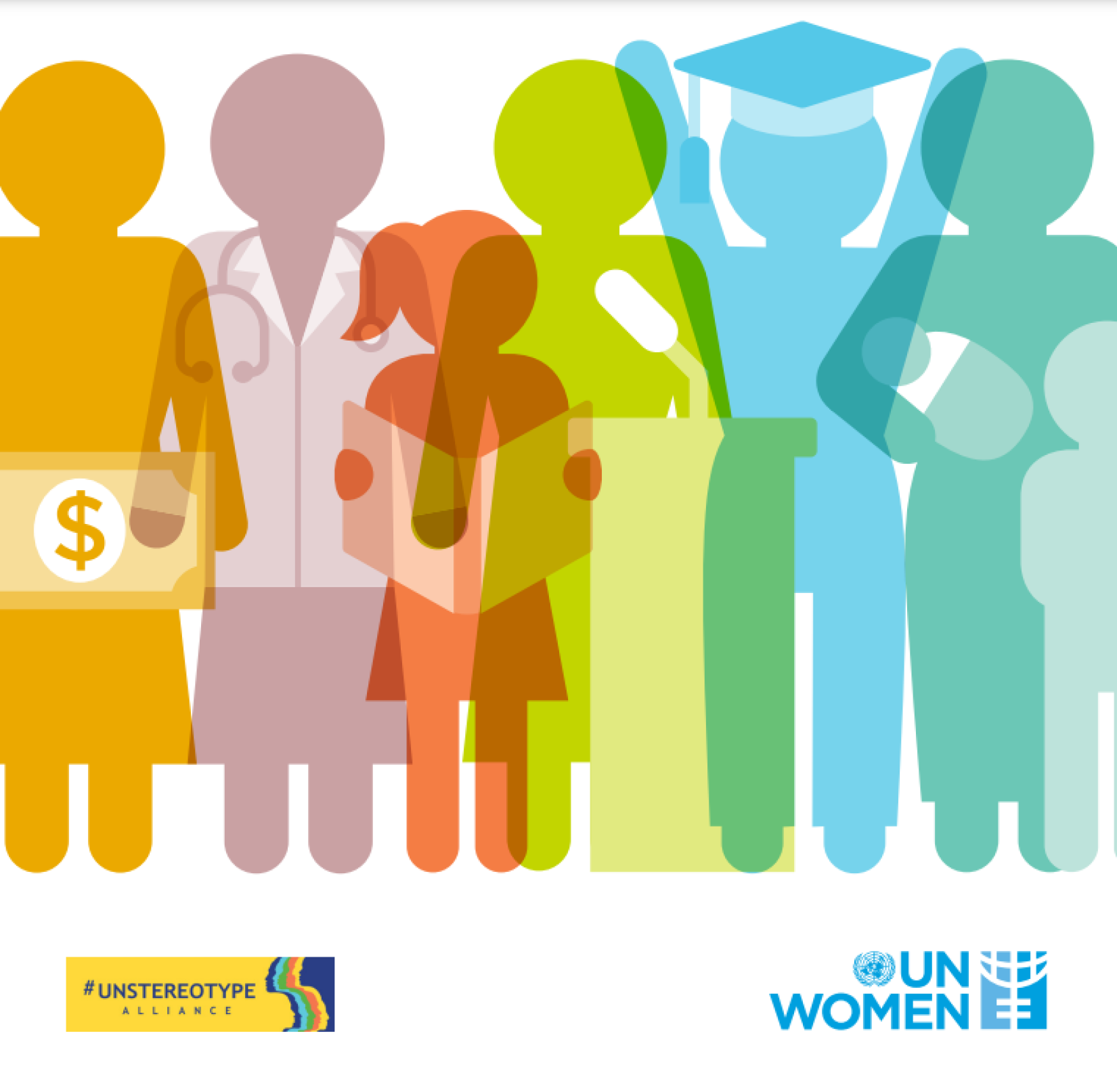Unstereotype Alliance unveils the latest Gender Equality Attitudes Study!
23 September 2022
Unstereotype Alliance, convened by UN Women (United Nations Entity for Gender Equality and Women’s Empowerment), unveils the findings from the gender equality attitudes study to show the changing attitudes over time across 20 countries, including Türkiye.

Under the leadership of UN Women, the gender equality attitudes study was developed to qualify the scale of harmful gender-based stereotypes across countries, with the vision to monitor how - if at all - these stereotypes change over time. The study was developed by Unstereotype Alliance members; Johnson & Johnson, Kantar, Procter & Gamble, and Unilever.
In 2018, the study was conducted across 10 countries: Türkiye, Colombia, India, Japan, Kenya, Nigeria, the Philippines, Sweden, the United Arab Emirates (UAE), and the United States of America (USA). This second iteration of the study, conducted in 2020, has expanded to include 10 additional countries: Austria, Brazil, Denmark, France, Mexico, Poland, Senegal, South Africa, Spain, and Viet Nam. It also revisits the first cohort to monitor changes in attitudes over time.
The latest findings show a reduction in harmful attitudes in Türkiye compared to 2018; however, women’s access to quality education, healthcare services, and ability to be hired as skilled workers or to run for elected office are viewed as poor compared to men.
- 30% of respondents believe that men should be paid more than women for the same job; 34% feel that a woman should not earn more than her husband, and 54% consider it natural for men to earn more than women as they should be the main providers.
- 42% of respondents agree that a man’s job is to earn money while a woman’s is to look after the house and family, and 55% believe women should work less and devote more time to caring for their family.
- The number of respondents who agrees that when a mother works for pay, the children suffer is twice that of those who believe that when a father works for pay, the children suffer.
- More than 61% of respondents agree that women are typically portrayed in traditional roles in the media, and 64% believe the same for men.
The majority of respondents agree that more opportunities for women in business, politics, higher education, more respect for women’s rights in all areas, healthcare, and equal pay for equal work are key to a country’s success; nevertheless, 1 in 3 agrees that it is more important for a boy to get a university education than a girl.
Please download the media kit to support the campaign on social media here: https://www.dropbox.com/scl/fo/ie35q7qqrk5dovafris9w/h?dl=0&rlkey=9x3myuyqfzyco77fa9rxy4kwd
About Unstereotype Alliance
The Unstereotype Alliance is an industry-led initiative convened by UN Women that unites leaders across the global advertising industry to tackle the widespread prevalence of stereotypes that are often perpetuated through advertising and content. The Unstereotype Alliance aims to affect positive cultural change by using the power of advertising to help shape perceptions that reflect realistic portrayals of all people.

